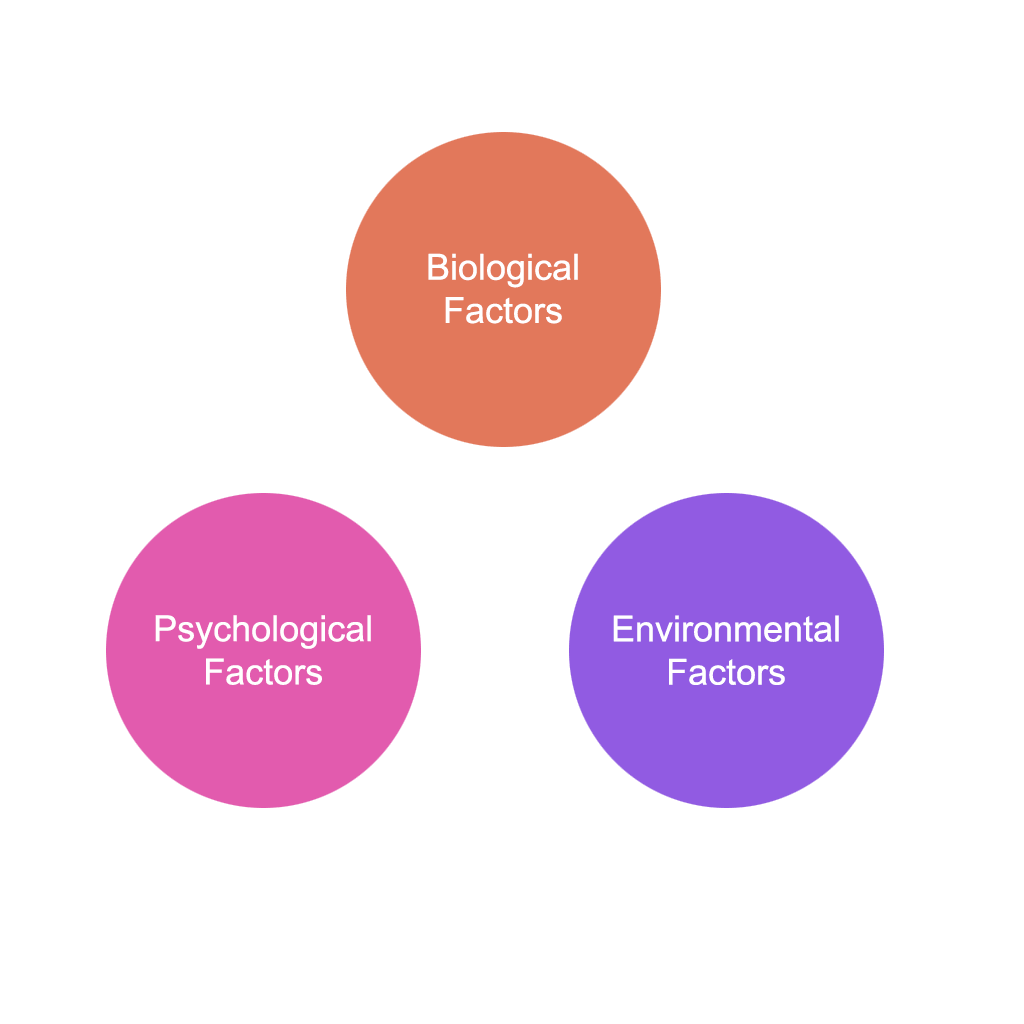What is behavioural assessment in psychology?
Behavioural Assessment: According to the behaviorists, personality is shaped out of the habits and behaviour of a person, which he learns through life while giving responses to the various stimuli, therefore the situations in which he finds himself in according to them the study of the behaviour of the individual is a better method to study personality. To study behaviour, the some behaviorists advocate direct observation in which the psychologist observes the behaviour of the individual in day-to-day living, their behaviour at their workplace, home, school or any other place they are in.
Behavioural therapists also use other some other methods like rating scales and frequency counts. The rating scale is one of the oldest and most versatile of assessment techniques. Rating scales present an observer with scalar dimensions along which those who are observed are asked to be placed. A teacher, for example, might be asked to rate the students on the degree to which the behaviour of each reflects leadership capacity, shyness or creativity.
The psychologist or client is asked to rate numerically some specific behaviour. Several standardized rating scales are available for describing the behaviour of psychiatric hospital patients. In frequency count, the number of times a certain behaviour is repeated in a given time limit is counted.
Both the above techniques are very much in use by educators to diagnose behavioural problems like attention deficit disorders in children.
Limitations of Behavioural Assessment: The following are the main limitations of behavioural assessment.
- The person observing the behaviour becomes biased and is not able to judge behaviour correctly.
- Since, the examiner has no control over the situation or the environment in which the behaviour of the examine is being observed, it may be a pointless task unnecessary directionless exercise.



